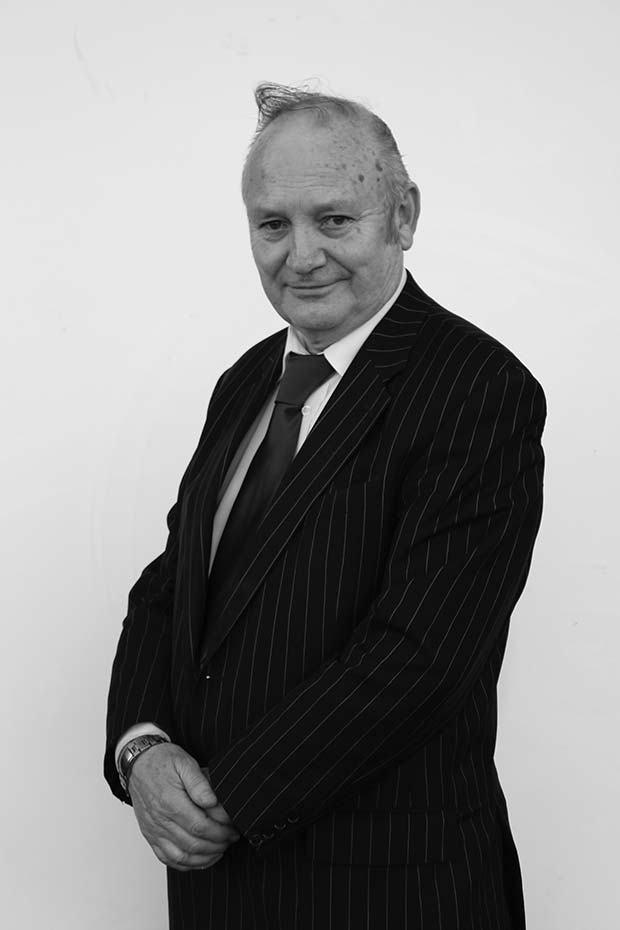Welcome to our warehouse supplement. If you came to the speaker sessions at IMHX you won’t have got far without hearing about the two top industry trends of our time, warehouse automation and Big Data.
 We hear so much about how warehouse automation is the saviour of the warehouse and logistics industry, delivering performance increases, lowering returns, chopping workplace injuries and freeing workers for more fulfilling work. All well and good, but Asos’ recent misfortune suggests companies considering automation should have to go carefully, with their eyes open in case they end up, let’s say, somewhere unexpected and painful.
We hear so much about how warehouse automation is the saviour of the warehouse and logistics industry, delivering performance increases, lowering returns, chopping workplace injuries and freeing workers for more fulfilling work. All well and good, but Asos’ recent misfortune suggests companies considering automation should have to go carefully, with their eyes open in case they end up, let’s say, somewhere unexpected and painful.
As pointed out by Will Broome, CEO and Founder of retail shopping app Ubamarket, Asos reportedly experienced a 68% profit fall after a shedload of warehouse problems. Over the last year, Asos has installed more robots in its European warehouses and expanded its US facilities, but in spite of this expansion, the online retailer now says they weren’t prepared for the additional complexities it brought. With many shoppers now prioritising convenience when they shop, retailers have needed to adapt. With hindsight perhaps Asos’s recent announcement shows the sector is not ready to be wholly digitalised.
Never mind the wordplay about automation plans slipping up, warehouse safety remains a very real concern for Peter Ward, UKWA CEO. He is convinced that yes, successful warehousing is all about maximising efficiency and productivity but those joint aims should never be achieved at the expense of safety. Indeed, he insists the need to ensure that operational processes and systems don’t put workers in harm’s way has to be among the modern logistics executive’s foremost considerations, something that can never be compromised in the relentless drive for ever faster throughput speeds and pick rates.
Someone else who has always had a firm hand on the key issues in this industry is Hilary Devey, the founder, owner and chairwoman of Pall-Ex, who has struck a deal to sell Pall-Ex, the European haulage giant she launched more than two decades ago. Group MD Kevin Buchanan – who becomes the biggest individual shareholder – said ownership will be split 30-70 between the board and its 50-or-so member companies, who are mostly based in the UK.
Hilary, who started Pall-Ex in 1996, isn’t exactly quitting the business, but has decided to step away from its day-to-day running, and will continue in an ambassadorial role to help develop its international services. Pall-Ex employs around 400 people directly in the UK, while its wider network supports around 8,000 jobs.
The legend around Bolton-born Hilary is that she had an extraordinary rags to riches story, and while setting up Pall-Ex she encountered and overcame many hardships. Bankers refused to back her proposed venture and at one point she was forced to sell her house and downgrade her car to fund its start up. Many would have given up but single mother Hilary persisted, knowing her idea simply had to work. In our celebrity-driven business culture Hilary is an outstanding role model for female entrepreneurs, and it’s hard not to be star-struck by her achievements.
Six years after the founding of Women in Logistics, we can only hope it’s easier for the next generation of talented women like Hilary to find the success they deserve.
Bill Redmond
Features Editor




Comments are closed.